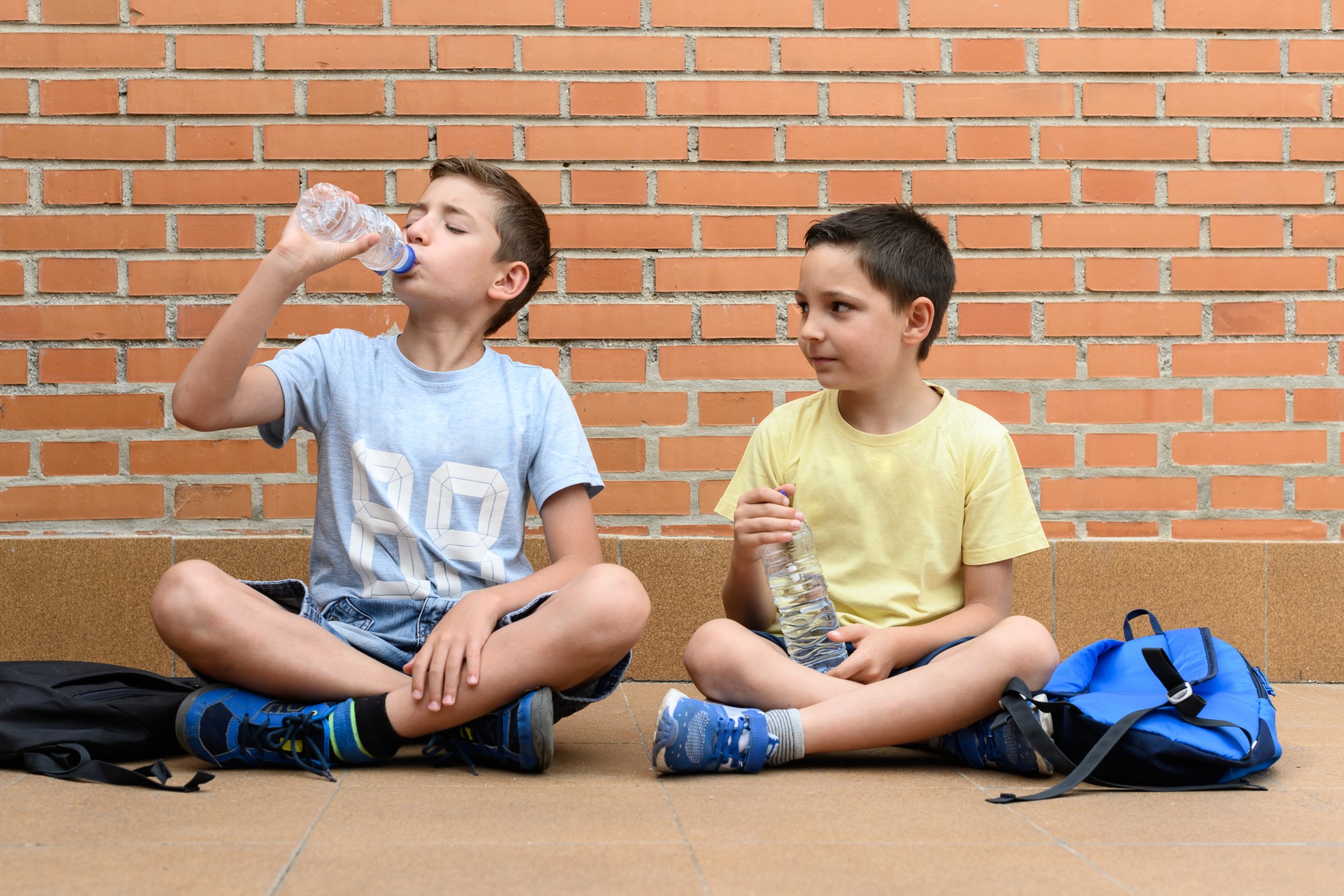
Heavy Rain, Flooding, and Chance of Severe Weather Staring Down the Southern U.S.
January 22, 2024
Posted: August 8, 2023 9:45 am





Millions of students are heading back to school in the U.S. this week. However, many schools do not provide central air conditioning, making for a potentially miserable situation for some students as the temperature continues to soar throughout most areas of the country.
Here is what you can do to help your children to stay more comfortable in school amidst one of the worst heat waves in recorded history.
Many students in Phoenix, Atlanta, and beyond are already back in the classrooms. While most schools in this part of the nation have operable air conditioning units, simply getting out in the heat can be a dangerous proposition.
Pediatricians warn that it is important to take the heat index into account and not just the actual temperature. Any heat index reading over 90 degrees can trigger significant health threats in children.
Even in schools with air conditioning, some of these units may not be working at full capacity. Widespread budget deficiencies mean that many schools are operating with no air conditioning at all or with antiquated systems that have become overtaxed during times of extreme heat.
As a parent, it is a good idea to understand what the cooling situation is like at your child’s school. For example, is there a backup cooling option if the air conditioning system is not able to keep up with demand?
Investigating the cooling conditions at your school will help you to make the best decisions as you prepare your child for a potentially toasty day of learning.
One of the best things that you can do as you send your child back to school is to teach them the warning signs of heat illnesses. This is particularly useful for middle school and high school students who are better equipped to recognize these signs.
Remember that even if your child is fortunate enough to go to school in a cool school, after-school activities and recess may send them outdoors. Signs of heat exhaustion include lethargy, headaches, fever, intense thirst, dizziness, nausea, and muscle spasms. Make sure that your child knows these signs so that they can tell a teacher or school nurse.

While you cannot control the weather, you can take steps to prevent heat illness from striking. The best step to take when it comes to prevention is to ensure that your child has access to plenty of water. Send your child to school with water and make sure that they are allowed to refill their water bottles frequently throughout the day.
You can also pack food for them that works to replenish the crucial electrolytes that may be lost if dehydrated. Good ideas include nuts, dried apricots, avocados, citrus fruits, and watermelon.
What your child wears to school will also have a significant impact on how they handle the heat. Light-colored clothing works to reflect sunlight while loose-fitting garments are better at promote air flow around the body, making these good choices. Breathable fabrics such as cotton is another smart choice.
If allowed, consider sending your child to school with cooling mister fans or neck wraps to provide extra comfort measures.
Lastly, be intentional about making sure that your child spends time in a cooler environment after school if you know that they are warm during the day in the classroom. Visiting a library or mall after school with air conditioning for a few hours is a prudent idea if you do not have access to cool air at home.
This also means that you need to be intentional about ensuring that your child’s sleeping environment is also not detrimental to their health. You do not want to send them to school already too hot if you know that they will not be cool in the classroom.
Students with chronic health conditions need special care when dealing with the heat. For instance, children dealing with diabetes are more likely to get dehydrated during times of heat. Children with respiratory conditions such as asthma also need to be treated with extra precautions as the temperature outside remains elevated.
Understanding your child’s specific health needs and how the heat will impact them while at school will help you to make the best decisions.
Did you find this content useful? Feel free to bookmark or to post to your timeline for reference later.

January 21, 2024

January 19, 2024

January 18, 2024